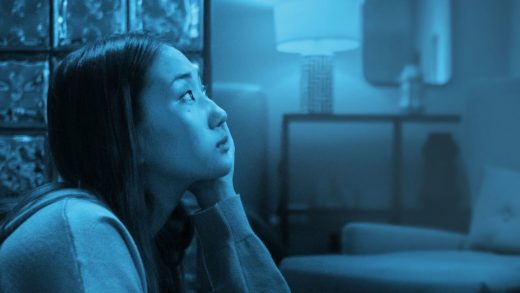Which Disney movies should your child watch? Scientists created this database to help you decide
For turn-of-the-millennium kids who grew up during a renaissance for animated films, Disney movies are sweet flashbacks of childhood. Who wouldn’t think fondly of school nights spent with popcorn and the remote control, watching colorful hand-sketched lions, dragons, and genies dash across the screen?
As it turns out, that’s a very good thing, according to new research in childhood development. A group of Texas academics recently analyzed the effect of animated films—culled from the vast catalog of productions released by Walt Disney Pictures between 1937 and 2020—on children’s cognitive and behavioral functions, and they found the movies played a valuable role in inspiring dialogue from children, about tough issues they may be facing at that delicate time in their lives.
For example, on the heavy themes of death and grief, researchers cite a pivotal scene from 1994’s The Lion King, in which the heir to the throne Simba beholds the spirit of his father, Mufasa. “Disney doesn’t really discuss in-depth about a family member dying such as a parent or a sibling. That leaves room for parents to discuss this with their child,” says Carol Leung, a coauthor of the study. “We can also bring these characters as conversation starters into the therapy session to have children understand these concepts. It’s also a way for the children to connect and build rapport.”
It helps that Disney movies are famed for their heart—infusing slapstick comedies and swashbuckling adventures with enduring life lessons about love, friendship, good vs. evil, death and loss, and the strength of family. According to the study, 73% of the 155 films included illustrated themes of loving yourself and others, and 27% focused on morality and social principles. “Disney films can also teach children about unfair situations in society and acceptance of racial, ethnic, religious, cultural and other differences,” adds Monit Cheung, the study’s lead author. Take Pocahontas, The Hunchback of Notre Dame, or Tarzan, for example.
But if you’re unfamiliar with those films or other Disney classics, the study also compiles a table of all 155 films and their chief themes or morals, which you can refer to when selecting a show for your children to watch depending on what they’re going through in life. Feeling defeated? “Don’t give up,” urges Finding Nemo. Identity crisis? “Embrace our true nature,” shown in The Incredibles. There’s also “economic exploitation” in A Bug’s Life (which I won’t try to describe).
Finally, it’s noteworthy that Disney itself has evolved over the years, to blend timeless stories with an ever-more diverse understanding of the world and all its corners and crevices. It’s moved away from the ivory castle princes and princesses, and shined a light on the oddballs, outcasts, and downtrodden members of society. And as it does, Yu-Ju Huang, another co-author of the study, says the animation powerhouse’s films can “open parent-child conversations to nourish children’s minds and broaden their horizons of life.”
(32)



